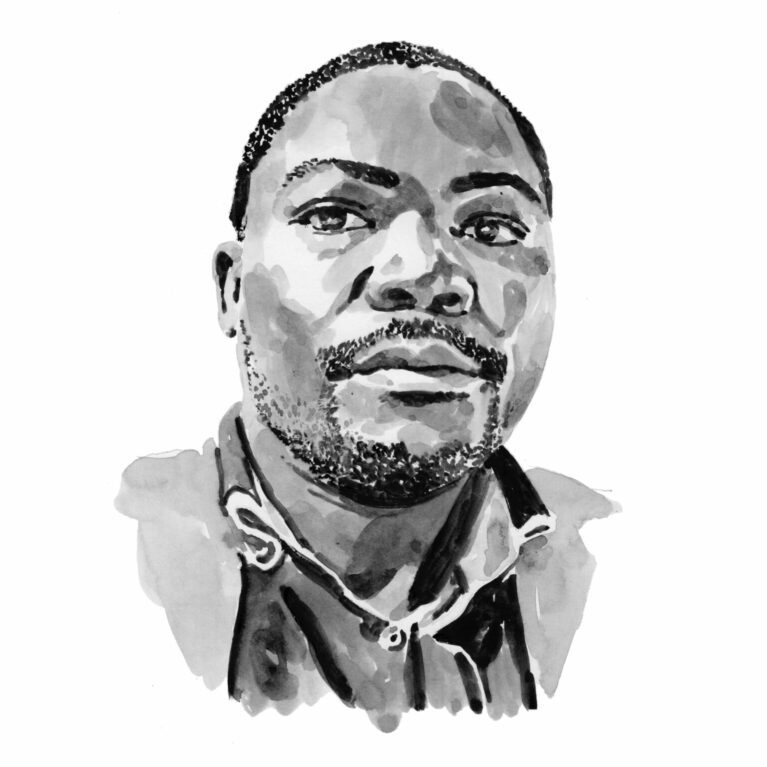Houangninan Midinoudewa

Who I am
I’m a fisheries biologist, currently coordinating the Early Career Ocean Professionals Network in Benin. I was born in Porto-Novo, the political capital of Benin, where I grew up before going to Cotonou, the economic capital, for my tertiary studies. I was eight years old when, during an excursion with my Boy Scout group, the ocean wet my toes for the first time. Later, when I was at high school, I made sure I went on any excursion at sea or on rivers. During those trips, our natural science teachers always told my fellow-pupils and me about conserving the environment. My father also played a part in instilling in me a love for the sea by introducing me to accounts relating to Captain Jacques-Yves Cousteau and his adventures discovering life beneath the ocean’s surface. At university I studied two Bachelor’s courses: law and environmental sciences. After that I nurtured my love for the ocean and its resources as an intern at the Institut de Recherches Halieutiques et Océanologiques du Bénin. During that and the following internship I developed different studies on the sharks of Benin. This was done with the aid of my supervisor, who later became my mentor in academia. My involvement in the process of identifying ecologically and biologically significant areas (which led to the establishment of Benin’s first marine protected areas) and interactions with fisheries stakeholders enabled me to identify the critical need to conserve marine resources. I then began a PhD programme in which I learned about the social and political as well as the biological aspects of conservation. As I am about to complete my PhD, I wish to apply the knowledge I have gained to the conservation of the sharks of Benin.
Where I work
Since 2009 I have been concentrating my research on the Port de Pêche Artisanal de Cotonou, which is the largest landing site and marine fish market in Benin, a country on the Gulf of Guinea in the eastern central Atlantic. Elasmobranchs landed at the Port de Pêche Artisanal are both target and bycatch species for the artisanal fishery, which operates in the first five nautical miles of Benin’s exclusive economic zone. In the context of the newly created marine protected areas, the study area is extended to the coastal marine waters of Benin. The marine protected areas extend 3.67 nautical miles out to sea. They include feeding and nesting sites for sea turtles and mangroves that shelter a diversity of marine organisms at various stages of growth.
What I do
This project seeks to establish a ‘red list’ of the sharks of Benin, raise awareness about them among local people and ignite a community-driven conservation process. To achieve these objectives, the team will embark on a twice-weekly survey of the fish markets and landing sites along Benin’s coast. During these surveys, elasmobranchs encountered will be measured and weighed, soft and hard tissue will be collected from them, and the gear used to catch them will be recorded. The tissue will be used for genomic analysis and to determine the age of the animals and the geochemical composition of their vertebrae. We will also conduct interviews with fishers and other stakeholders we meet during the surveys. Photographs of the specimens encountered will be taken to identify them. Data collected from the field will be fed into the species-specific database that will be created. Thus information about the biology, ecology, demography and exploitation of these species will be available to inform policies for the management of the sharks in Benin’s marine protected areas. The information will also help us to plot past and current distributions of these sharks. The project focuses its efforts on the marine protected areas as they are located within the area for artisanal fishing. The artisanal fishery is the principal supplier of elasmobranch products in Benin.
